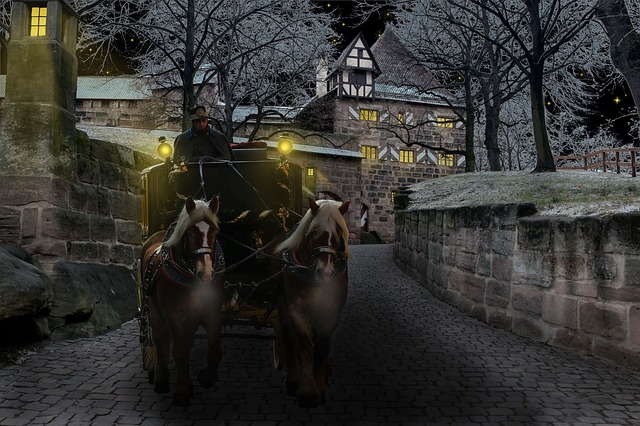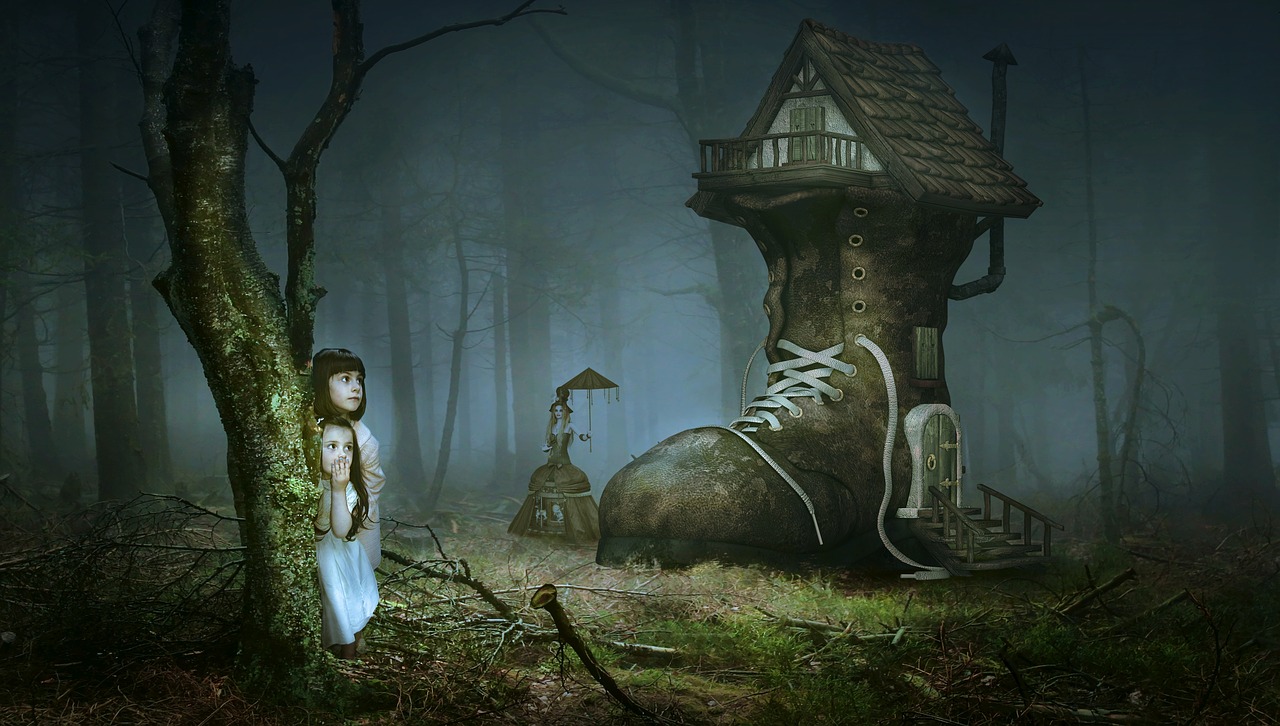Note: the following article on memory and subjective reality in Dracula is a modified excerpt (pp. 155-158) from my doctoral dissertation, “Time is Everything with Him”: The Concept of the Eternal Now in Nineteenth-Century Gothic, which can be downloaded (for free) from the Tampere University Press pages. For a list of my other academic publications, see the related page of my website.
The importance of memory in Dracula is an issue receiving explicit attention. Mina mentions to Lucy that “with a little practice, one can remember all that goes on or that one hears said during the day” (D 62), an ability that is proven vital later on.
The occasions of memory loss begin early on for the characters. Jonathan, arriving at Dracula’s castle, suffers what appears to be a severe case of amnesia, as he claims “I must have been asleep, for certainly if I had been fully awake I must have noticed the approach to such a remarkable place” (D 21). Not only is Jonathan unsure of whether he noticed the approach or not, but his words imply that he is unsure of whether this was a result of dreaming or memory loss – hence his words “fully awake”.


